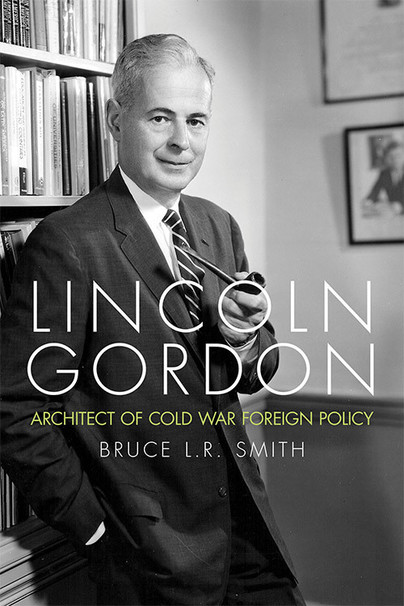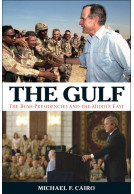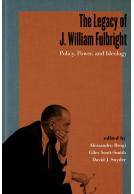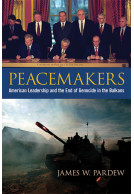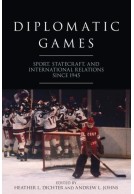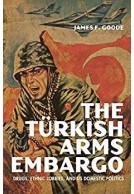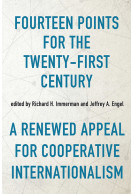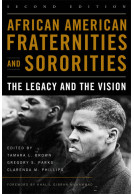Google Books previews are unavailable because you have chosen to turn off third party cookies for enhanced content. Visit our cookies page to review your cookie settings.
Lincoln Gordon (Hardback)
Architect of Cold War Foreign Policy
Imprint: University Press of Kentucky
Series: Studies in Conflict, Diplomacy, and Peace
Pages: 536
Illustrations: 39 b&w photos, 1 figure
ISBN: 9780813156552
Published: 22nd May 2015
Script Academic & Professional
Series: Studies in Conflict, Diplomacy, and Peace
Pages: 536
Illustrations: 39 b&w photos, 1 figure
ISBN: 9780813156552
Published: 22nd May 2015
Script Academic & Professional
This book will be reprinted and your order will be released in due course.
You'll be £36.00 closer to your next £10.00 credit when you purchase Lincoln Gordon. What's this?
+£4.99 UK Delivery or free UK delivery if order is over £40
(click here for international delivery rates)
Need a currency converter? Check XE.com for live rates
(click here for international delivery rates)
Need a currency converter? Check XE.com for live rates
After World War II, American statesman and scholar Lincoln Gordon emerged as one of the key players in the reconstruction of Europe. During his long career, Gordon worked as an aide to National Security Adviser Averill Harriman in President Truman's administration; for President John F. Kennedy as an author of the Alliance for Progress and as an adviser on Latin American policy; and for President Lyndon B. Johnson as assistant secretary of state. Gordon also served as the United States ambassador to Brazil under both Kennedy and Johnson. Outside the political sphere, he devoted his considerable talents to academia as a professor at Harvard University, as a scholar at the Brookings Institution, and as president at Johns Hopkins University.
In this impressive biography, Bruce L. R. Smith examines Gordon's substantial contributions to U.S. mobilization during the Second World War, Europe's postwar economic recovery, the security framework for the North Atlantic Treaty Organization (NATO), and U.S. policy in Latin America. He also highlights the vital efforts of the advisers who helped Gordon plan NATO's force expansion and implement America's dominant foreign policy favoring free trade, free markets, and free political institutions.
Smith, who worked with Gordon at the Brookings Institution, explores the statesman-scholar's virtues as well as his flaws, and his study is strengthened by insights drawn from his personal connection to his subject. In many ways, Gordon's life and career embodied Cold War America and the way in which the nation's institutions evolved to manage the twentieth century's vast changes. Smith adeptly shows how this "wise man" personified both America's postwar optimism and as its dawning realization of its own fallibility during the Vietnam era.
Other titles in the series...
Other titles in University Press of Kentucky...







